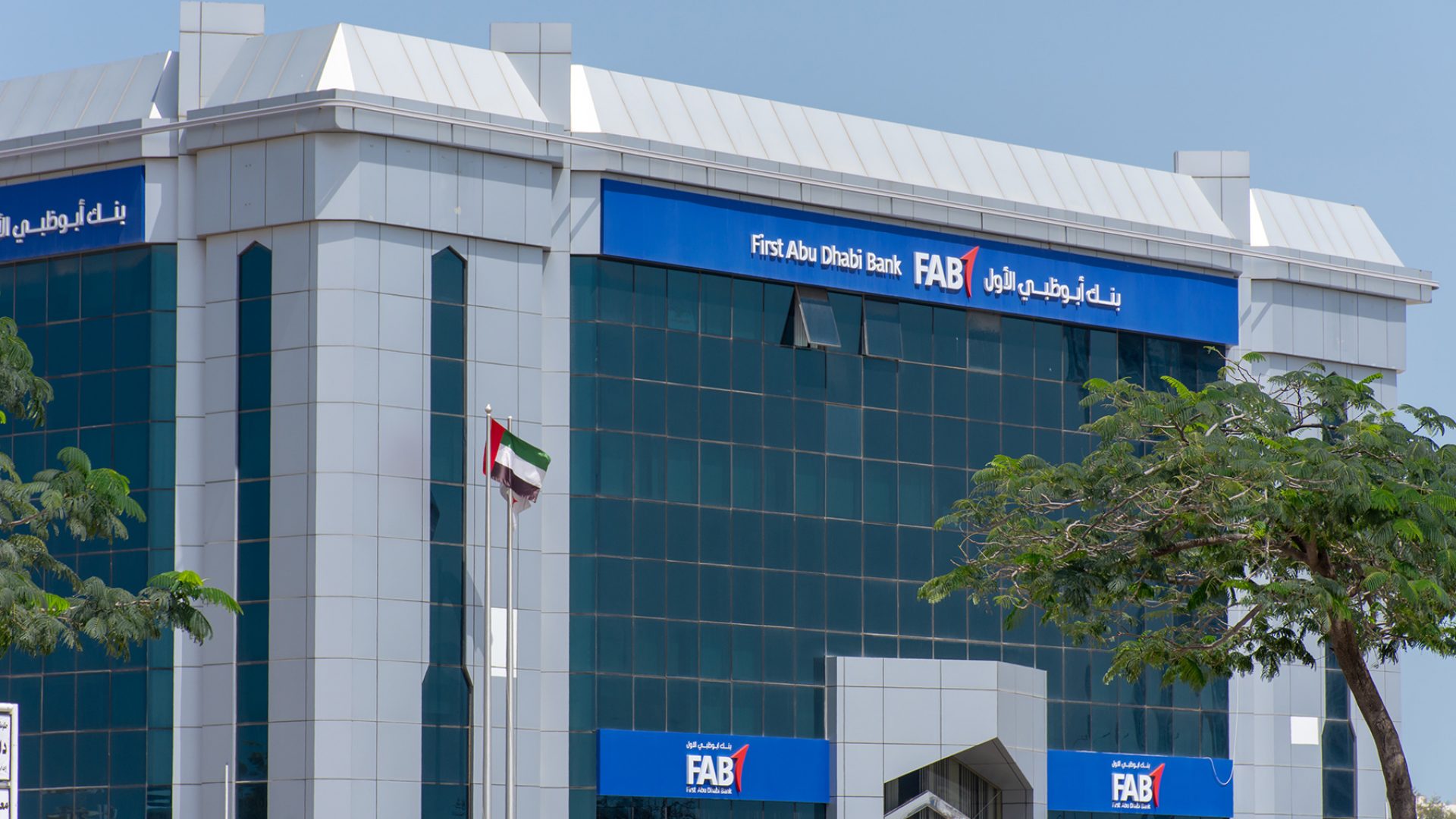The United Arab Emirates has always been a popular destination for both international investors and employment seekers. There’s a solid explanation behind this. When it comes to managing and preserving one’s financial assets, one of the top objectives for citizens is to take advantage of the current growing economy. To be eligible for this, you must first establish an account with a financial institution in Dubai.

While citizens must fulfil specific requirements in order to open a bank account, it is feasible for outsiders to open a non-resident bank account in the United Arab Emirates (UAE). However, in order to establish a bank account in Dubai, the applicant must be physically present in the city throughout the whole procedure. Furthermore, as a non-resident, your choices may be restricted when it comes to the benefits you are eligible for and the banks you may use in the area. Nonetheless, since the vast majority of significant companies in Dubai provide alternatives for non-residents to establish a bank account in the United Arab Emirates, there is no need for alarm.
The following article will examine the process by which non-residents may establish a bank account in Dubai and the United Arab Emirates.
Table of Contents
What are the benefits of opening a bank account in the United Arab Emirates?
If you establish a bank account in Dubai, you will be able to handle your personal money as well as conduct local and international transactions for your business.
One of the most compelling reasons for non-residents to establish a bank account in Dubai is the fact that there is no taxes. The majority of foreigners who want to keep a bank account in the United Arab Emirates come from Western countries. The reason for this is because they are required to pay substantial amounts of taxes in their native country, including income tax. In the UAE, on the other hand, whatever you earn is entirely yours. Because of this, non-residents would save more money if they sent their earnings to their UAE bank accounts.
The next question could be, “How do we go about it?”
Individuals and corporations or businesses from other countries may establish bank accounts in Dubai in either of the two categories: personal and corporate or commercial.
In order to establish a personal bank account in the United Arab Emirates as a non-resident, the following papers must be presented:
Accountant’s personal information:
A photocopy of your passport, including the page with the immigration stamp from the date of your entrance into the UAE, is also required.
Please include a copy of your most recent curriculum vitae (CV). This should be a reflection of your professional background.a certified copy of a reference letter from a bank with whom you have a personal or business account in your country of origin or abroad
Your bank statement from the last six months is attached.Your most recent utility bill, or a copy of it
In addition to the papers listed above, you must give detailed information about your incoming money, including the origins of such monies. Furthermore, several local banks in the UAE require non-residents who have personal accounts to maintain an average monthly amount in order to retain their accounts.
As a non-resident, you will need to provide certain documentation in order to establish a corporate bank account in the UAE.
Account for the corporation:
Information about all of the company’s shareholders is available.
The Articles of Association (AoA) and Memorandum of Association (MoA) of your business, as well as the Bylaws of your company (MoA)
Your trade or business licence, as well as your certificate of organisation, are required.
Provide specifics about your company’s organisational structure.
Papers attesting to your legal ownership
Explanation of the business operations in which your firm is involved, as well as specifics on the business backgrounds of the company’s owners
Documents indicating the source of money and investments used by the business.
It is possible that any of the papers listed above will also need to be validated by the Ministry of Foreign Affairs in the United Arab Emirates.
In the United Arab Emirates, the Know Your Customer (KYC) strategy is essential. As a result, it applies to everyone who opens a bank account in the United Arab Emirates.
Copy and paste this <iframe> into your site. It renders a lightweight card.
Preview loads from ?cta_embed=1 on this post.